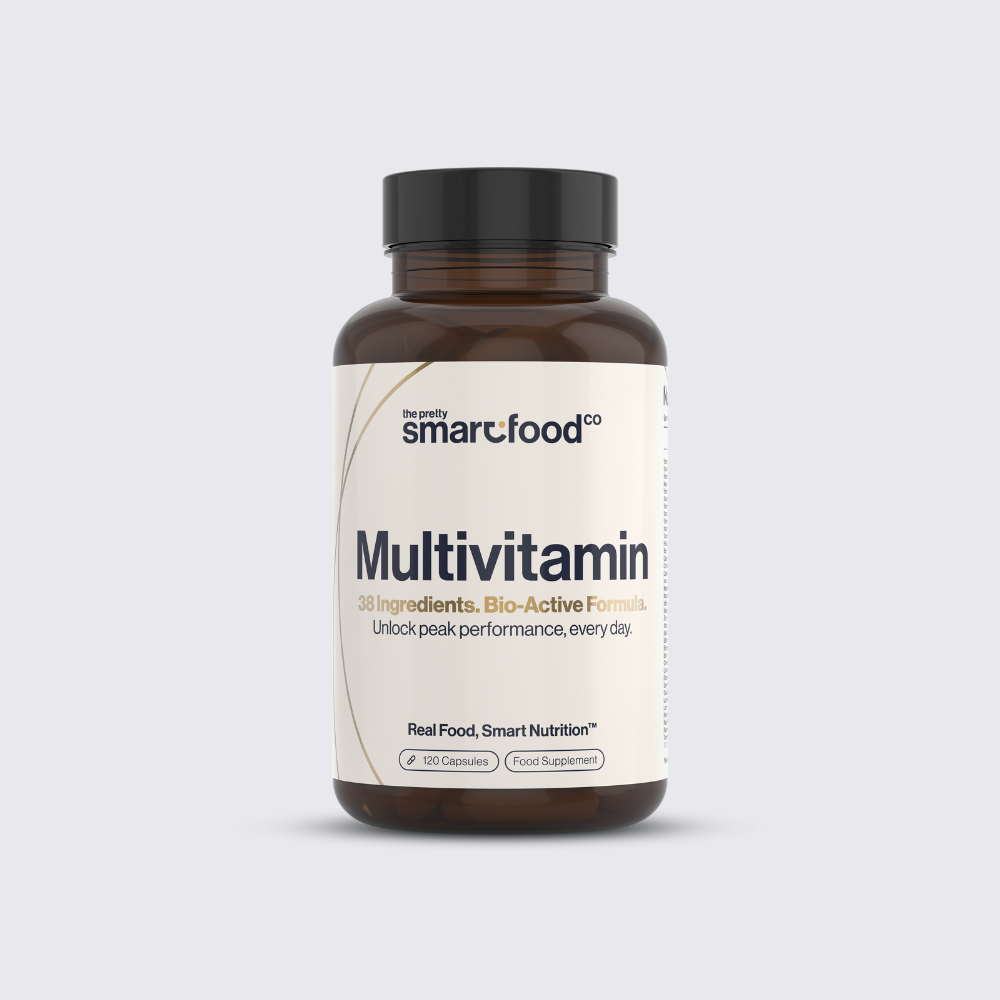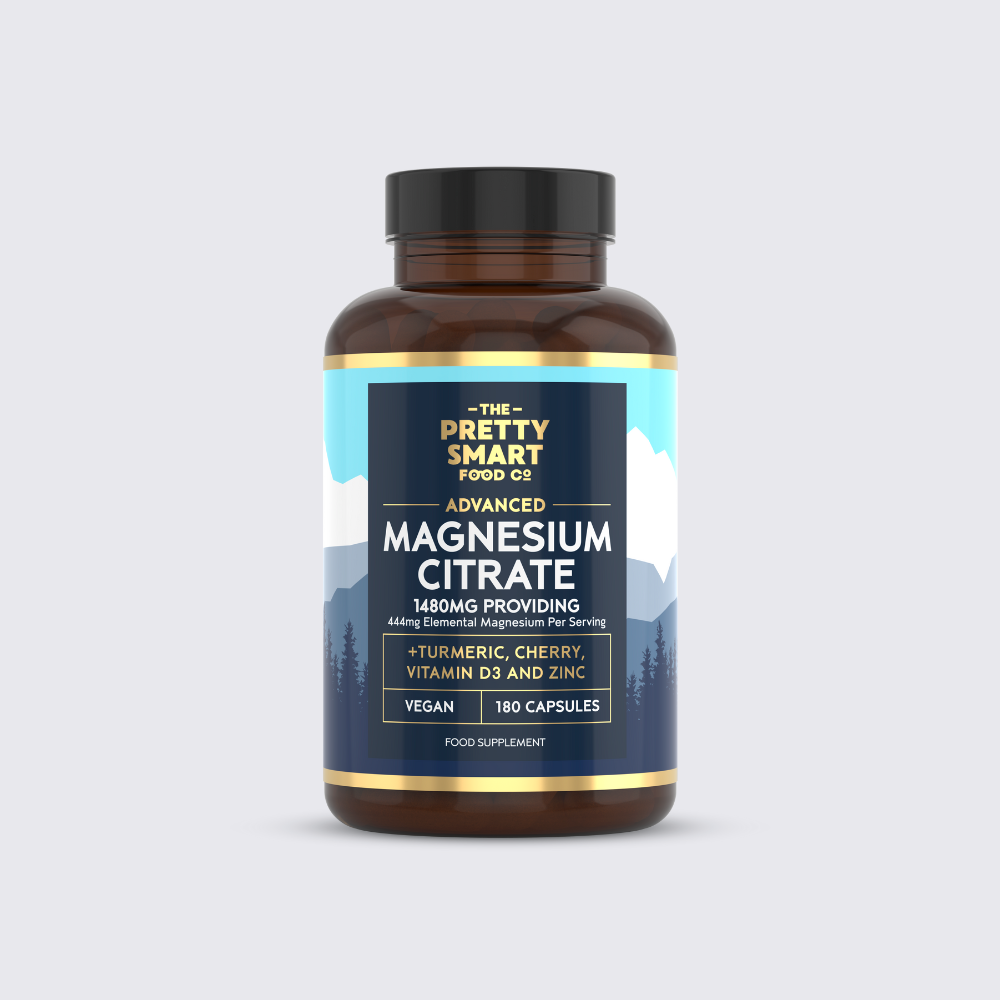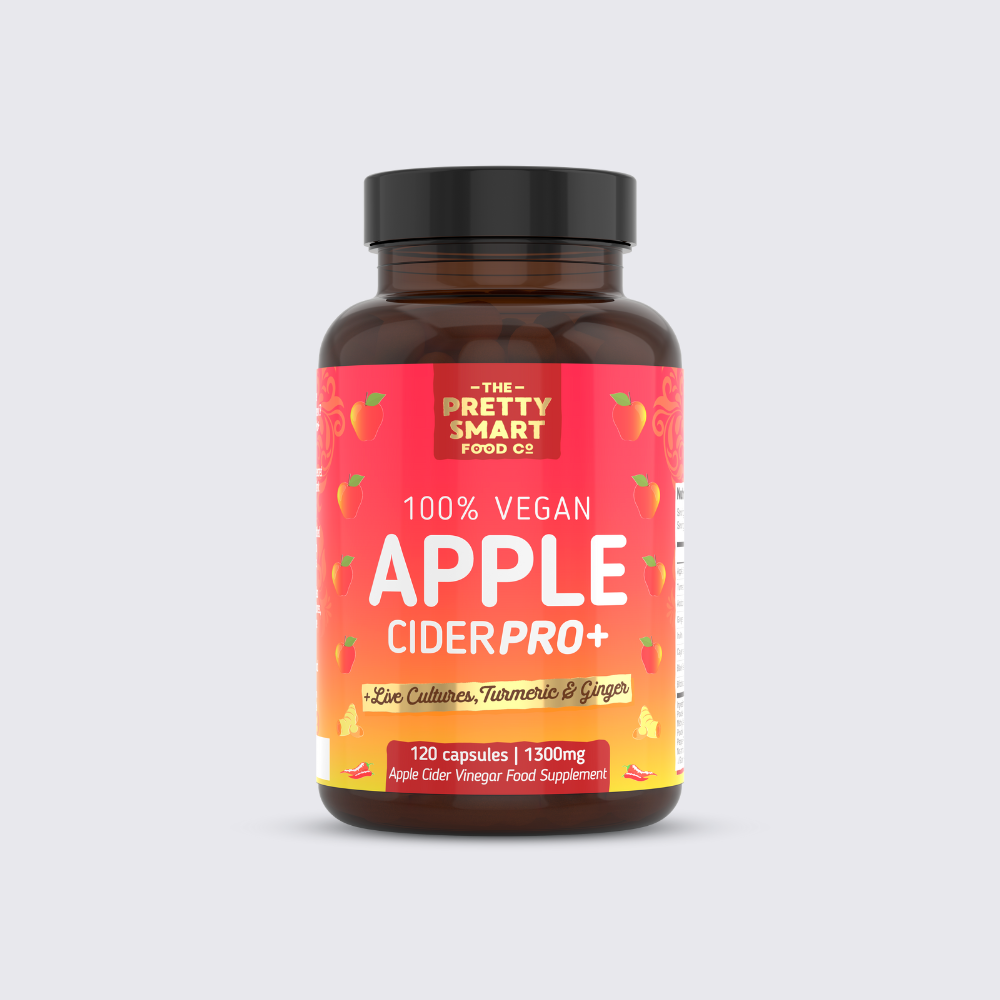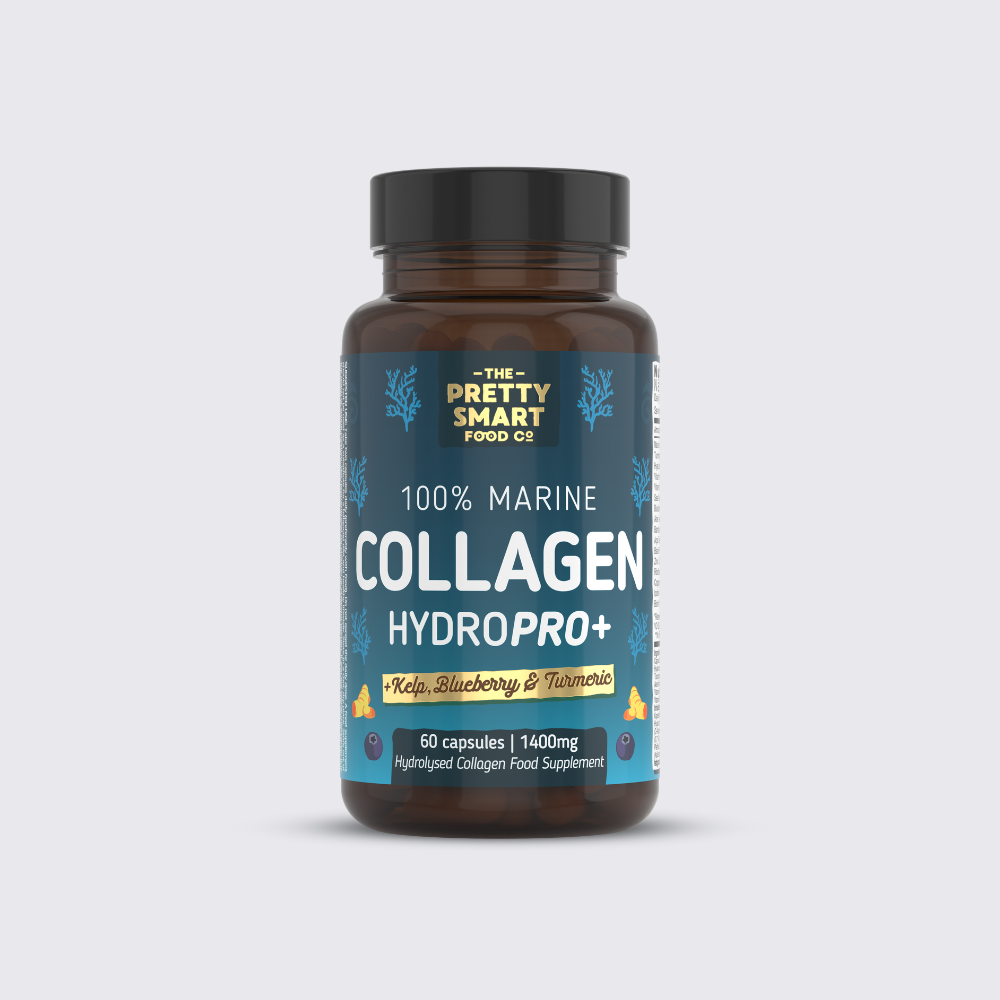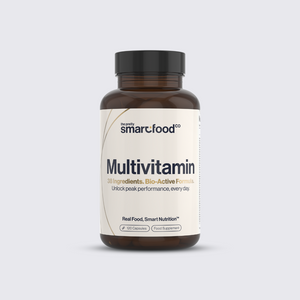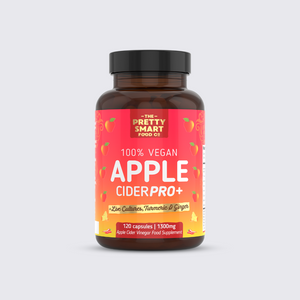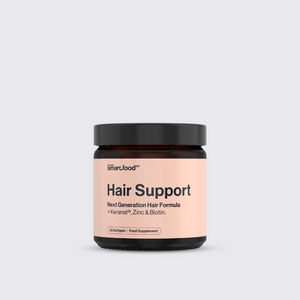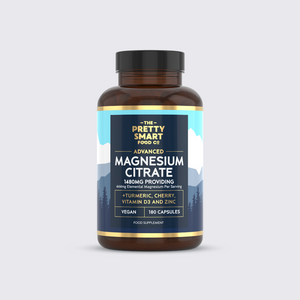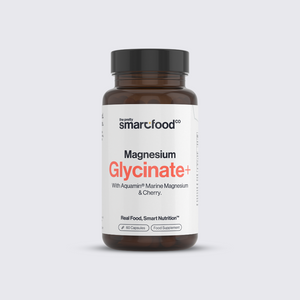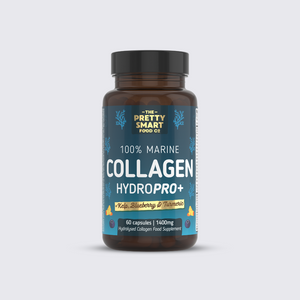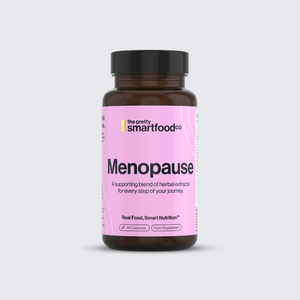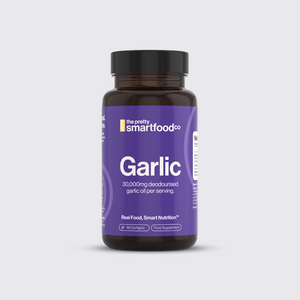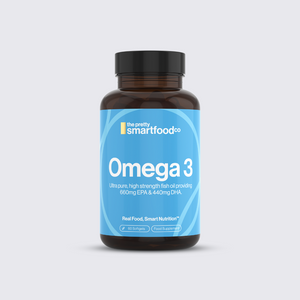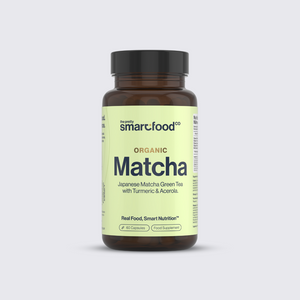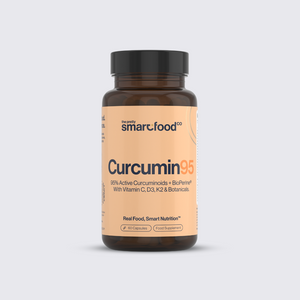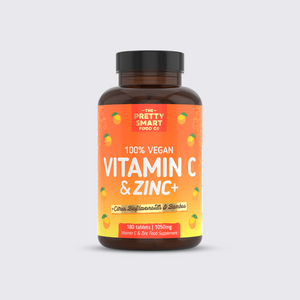
Your complete guide to buying supplements
Share
The importance of vitamins and minerals for our bodies is well-known, and their deficiencies can throw up a variety of imbalances and issues in the body. Factors such as where you live, your age, and time of year play a big role in what vitamins and minerals your body needs but in general, regular consumption of key vitamins and minerals which are commonly deficient should have a positive impact on health.
However, the number of supplements out there in the market presents a dilemma to even the most fitness and health-conscious individuals. Are we consuming too much? Too few? Are we consuming the right ones or should we maybe just leave it all to our diets? This guide serves to help answer all these questions and provide some clarity when it comes to buying supplements.

What you should be looking for
It all start with your specific needs or pain points (pardon the pun.) A dietitian or nutritionist should be able to offer recommendations based on this information and guide you on the dosage based on your diet, allergies, health goals, and medical history. For example, a strict plant-based diet could mean you are deficient in B12 vitamins which are commonly absorbed from eating red meat and eggs. If you live somewhere which does not receive regular strong sunlight, then you may end up becoming deficient in vitamin D.
When buying supplements, it is important to take note of any potential side effects especially when taken in large amounts or alongside medications that have interactions. Critically we should be careful of over-consuming vitamins which are fat-soluble, which means the only way for the body to remove any excess is to metabolise them as they cannot be flushed out like water-soluble vitamins. Always check with your GP if you are unsure of what supplements you should be taking in light of any existing medication you may be on.
You should also only buy supplements from trusted brands. Look out for adherence to manufacturing, quality and sourcing standards, most high quality supplement brands provide this information on their website or on request.
A certain fact remains – some supplements are superior to others. While most supplement blends do contain anti-caking or flow agents to prevent clumping and machine damage, they should not contain fillers or bulking agents. These are actually used to do just that: fill or bulk out the formula with inactive compounds that have no nutritional value to keep costs down. Here are some of the common ingredients you may see in a list used in this way:
- Talc
- Starch
- Silicon dioxide
- Titanium dioxide
- Hydrogenated Oil
- Magnesium Stearate
- Sodium Benzoate
- Artificial Flavours & Colours
Are supplements a replacement for a good diet?
The short answer is no, vitamins do not replace a nutritious, varied and balanced diet. However, our hectic lives can make it is easy to fall behind when it comes to getting the enough of the required nutrients for our bodies. Juggling all of life’s stresses can make it difficult to eat consciously every day and ensure we are eating all of the right foods in the right amounts to maintain levels of nutrients in our bodies. Our lifestyles can also play a huge role in how well these nutrients are absorbed. For example dehydration caused by alcohol or a lack of fibre can greatly influence our gut flora, hence nutrient absorption.
Research shows that vitamin tablets are meant to supplement your diet - not replace. However, in the midst of chaos, busy schedules, and stress, supplements are crucial in giving our bodies a helping hand, and balancing the demands of life.
There may be further evidence for the need for supplements by people on certain diets. The British Medical Journal reports that the rising popularity of plant-based diets could risk foetal development and a deterioration to brain health due to the under-consumption of choline. Choline is mainly found in animal-based sources such as beef, dairy, fish and chicken – all of which are not consumed by those following a vegan diet. In this case it would be essential that choline is supplemented.

What makes a good supplement
A good place to start is the list of ingredients. A cursory look should tell you everything you need to know in terms of any allergens, fillers, preservatives, and additives. If you are unsure of the ingredient sources it might be worth checking directly with the company.
Another interesting method is to take a look at the growth of a brand's range of products. Generally, slow and steady growth is better. Like any manufacturing process, there is a lead time that goes into sourcing the right ingredients, preparing the production run and running quality checks. If a company appears to be releasing many products in quick succession with generic formulas, this could mean that the company is either buying off-the-shelf stock and may not be putting in the required time and care to design and source their own formulas.
A company’s social media and customer review history are another strong indicator of the leadership of the brand and quality of products. Scrolling through post comments or reviews will give you a good idea of their customer’s experience with the products, their customer service approach and a picture of their vision and goals of the brand.
References:
- https://atlasbiomed.com/blog/the-ultimate-guide-to-vitamins/
- https://www.healthycell.com/blogs/articles/4-harmful-ingredients-hiding-in-vitamins
- https://biobalanceinstitute.com/health-news/6-toxic-ingredients-probably-didnt-know-vitamin/
- https://www.puritan.com/blog/vitamins-and-supplements/supplement-spotlight/a-beginners-guide-to-vitamins-and-supplements/
- https://www.bmj.com/company/newsroom/suggested-move-to-plant-based-diets-risks-worsening-brain-health-nutrient-deficiency/


